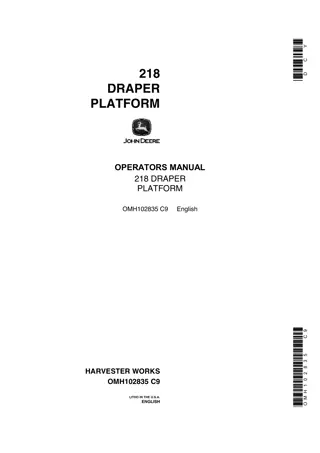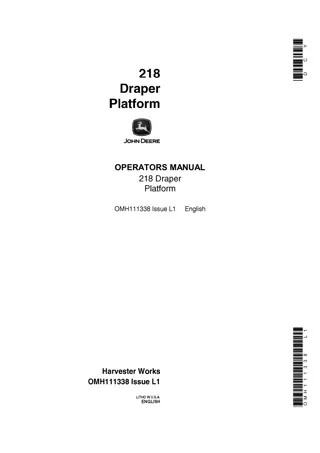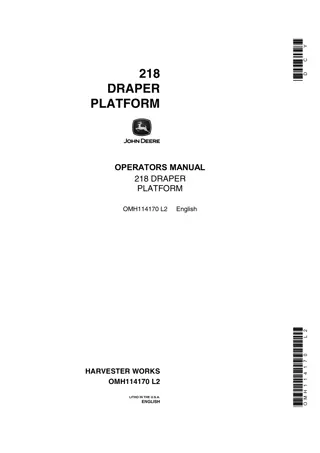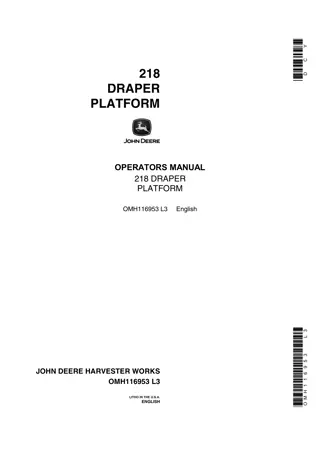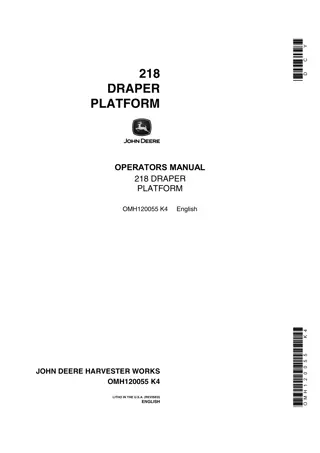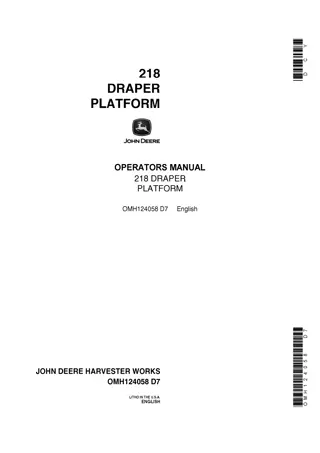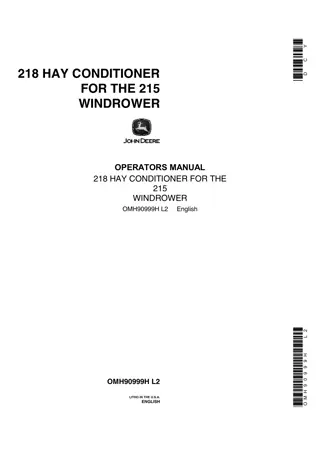
Benefits of Organic Fertilizers for Sustainable Agriculture
Organic fertilizers derived from natural sources offer essential nutrients and benefits to soil health, plant growth, and environmental sustainability. They provide a steady nutrient supply, enhance soil structure, and support long-term soil fertility, promoting ecological balance and reducing chemical pollution. Examples include compost, manure, bone meal, fish emulsion, and seaweed fertilizer.
Download Presentation

Please find below an Image/Link to download the presentation.
The content on the website is provided AS IS for your information and personal use only. It may not be sold, licensed, or shared on other websites without obtaining consent from the author. If you encounter any issues during the download, it is possible that the publisher has removed the file from their server.
You are allowed to download the files provided on this website for personal or commercial use, subject to the condition that they are used lawfully. All files are the property of their respective owners.
The content on the website is provided AS IS for your information and personal use only. It may not be sold, licensed, or shared on other websites without obtaining consent from the author.
E N D
Presentation Transcript
Application of Organic Fertilizer by Dr. Subrata Giri
Introduction Organic fertilizer is a natural and environmentally friendly soil amendment derived from plant or animal sources. It contains essential nutrients such as nitrogen, phosphorus, and potassium, along with trace minerals, vitamins, and beneficial microorganisms. Organic fertilizers release nutrients slowly, providing a steady and sustained supply to plants, without the risk of nutrient leaching or over-fertilization. They improve soil structure, water retention, and microbial activity, promoting healthy root development and plant growth. Organic fertilizers also enhance soil fertility, encourage beneficial soil organisms, and contribute to sustainable agriculture practices. Their use supports ecological balance, reduces chemical pollution, and fosters long-term soil health and productivity
Examples 1.Compost: Nutrient-rich organic material produced from the decomposition of plant and animal waste, providing essential nutrients for plants and improving soil health. 2.Manure: Animal excrement used as fertilizer, rich in nutrients like nitrogen, phosphorus, and potassium, enhancing soil fertility and structure. 3.Bone Meal: Ground bones from animals, a source of phosphorus and calcium, promoting root development and flowering in plants. 4.Fish Emulsion: Fish waste processed into liquid fertilizer, high in nitrogen and trace elements, stimulating plant growth and green foliage. 5.Seaweed Fertilizer: Derived from seaweed, it contains various nutrients, growth hormones, and beneficial plant compounds, supporting plant health and stress tolerance.
Advantages Environmentally friendly and sustainable. Improves soil health and structure. Provides slow-release of nutrients. Safe for plants and beneficial organisms. Long-term benefits and reduced chemical dependency. Promotes nutrient-rich produce. Supports organic farming practices.







